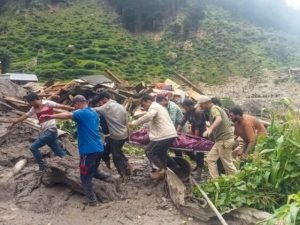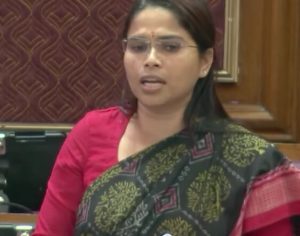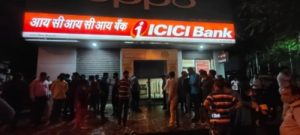Right to protest fundamental right, but blocking road a concern: SC

Shaheen-Bagh (EP File Photo)
New Delhi: The Supreme Court on Monday said that right to protest is a fundamental right, but it is troubling to see protesters blocking the road at Shaheen Bagh, as it may set a bad precedent and spur action by other groups resulting in chaos. It also suggested that the Shaheen Bagh protest may be shifted to an alternate venue.
The top court appointed three interlocutors led by senior advocate Sanjay Hegde to talk to the Shaheen Bagh protesters regarding shifting the protest site and file a report in the court. Senior advocate Sadhna Ramachandran and former chief information commissioner Wajahat Habibullah are the other two interlocutors.
A bench headed by Justice Sanjay Kishan Kaul and Justice K.M. Joseph, citing replication of protests involving blocking of public roads, said: “We are concerned as to what will happen if people start hitting the streets and blocking the roads while protesting.”
“Reasons must prevail upon them, as we are concerned about the blocking of the road,” it added.
The court suggested that Delhi Police may offer an alternative site to the protesters at Shaheen Bagh.
Solicitor General Tushar Mehta contended before the court that the protesters can’t continue blocking roads on grounds of not getting an alternative site. To this, the court replied: “It is a fundamental right of the people to protest and people can protest.”
Mehta also contended that the message that every institution has been kneeling and praying to the protesters should not go out. Justice Joseph queried Mehta, “Then why did the Centre not take steps before this matter was brought before the top court. Why didn’t you act in the last 68 days?”
“For some reasons, you have not gone there. If nothing works out, we will leave it to you,” the bench told Mehta, who insisted that talks were held with welfare and market associations to lift restrictions on the road.
The observation from the apex court came while hearing the petitions filed by advocate Amit Sahni and BJP leader Nand Kishore Garg, seeking the removal of the protesters to end the road blockade.
The court said the protesters are aggrieved by a particular legislation (Citizenship Amendment Act). The challenge to this Act is pending before the top court.
“They may get favourable or unfavourable judgement… Our intrinsic concern is if everybody starts blocking roads or public areas, the question is where to protest. It should not happen on the streets. If another section occupies another road, that is the issue,” the court observed.
The top court said this may lead to chaos. “People may have strong views. The thing troubling us is blocking of the road,” said the court.
Mehta also submitted that protesters are using women and children at the protest site as a shield.
The court named Hegde to act as an interlocutor and asked him to seek assistance from former Habibullah and Ramachandran. Habibullah, along with Bhim Army Chief Chandrashekhar Azad, has filed an intervention application on the matter.
The court also observed that the authorities should favourably consider this aspect of the right to protest. The top court put the petitions seeking direction to Delhi Police to remove the road blockade at Shaheen Bagh for further consideration on February 24.
IANS




